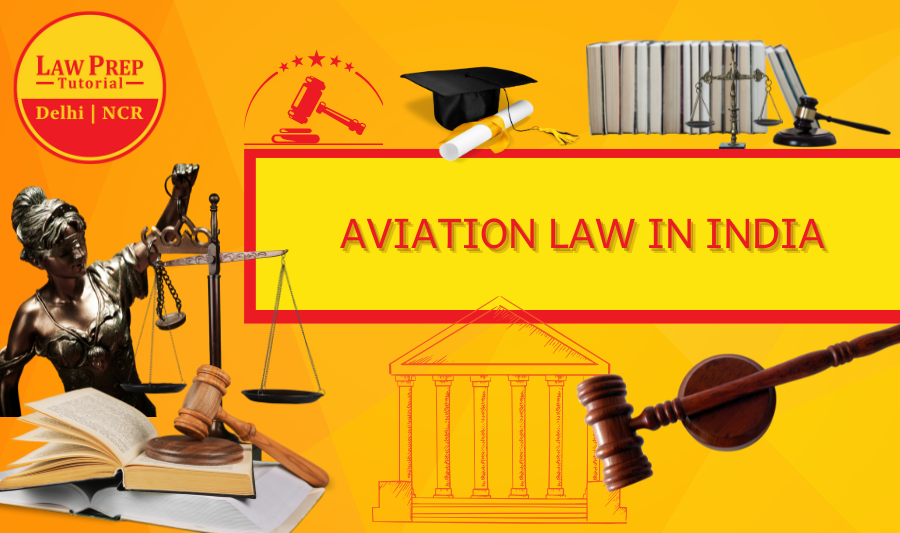The aviation industry has rapidly expanded in India over the last two decades, connecting cities, facilitating trade, and boosting tourism. Behind this booming sector lies a crucial legal framework called aviation law. It governs everything from aircraft operations to passenger rights, ensuring safety, security, and regulatory compliance in Indian airspace.
What is Aviation Law?
It is a specialised area of law dealing with the rules and regulations governing air travel. It covers a wide range of topics, including air safety, aircraft registration, passenger claims, pilot licensing, and international air agreements. Both domestic statutes and global conventions shape this legal field.
The Legal Framework in India
India’s aviation law operates through a combination of acts, rules, and regulatory bodies:
- The Aircraft Act, 1934 and The Aircraft Rules, 1937 lay the foundation.
- The Directorate General of Civil Aviation (DGCA) regulates air safety, licensing, and operational compliance.
- The Airports Authority of India (AAI) oversees airport infrastructure and air traffic management.
- Consumer rights and passenger safety regulations are enforced under various DGCA guidelines.
India’s Role in the Global Framework
India is a member of key international aviation agreements, including:
- The Chicago Convention, 1944
- The Tokyo Convention, 1963
- The Montreal Convention, 1999
These shape India’s legal framework, ensuring it aligns with international safety and operational standards.
Careers in Aviation Law in India
With the growth of air travel and regulatory challenges, the demand for legal experts in this branch of law is rising. Careers in this field include roles like:
- Legal advisors for airlines
- DGCA policy consultants
- In-house counsels at airport authorities
- Litigation specialists for passenger and cargo disputes
- International aviation treaty consultants
Corporate law firms, government bodies, and multinational airlines actively hire specialists in this field. To build a career in aviation law, students typically:
- Complete a 5-year integrated law degree (BA LLB/BBA LLB) or a 3-year LLB. The beginning of this journey is by cracking CLAT or AILET.
- Pursue internships with aviation companies, the DGCA, or law firms handling aviation cases.
- Opt for specialised certifications or postgraduate diplomas offered by select universities.
- Gain expertise in international air law treaties and regulatory frameworks.
Conclusion
As India’s skies grow busier, aviation law is becoming more dynamic. Emerging challenges like drone regulations, air traffic congestion, and environmental policies will reshape legal frameworks. With a structured career path and growing opportunities, aviation law in India offers exciting prospects for aspiring legal professionals.







